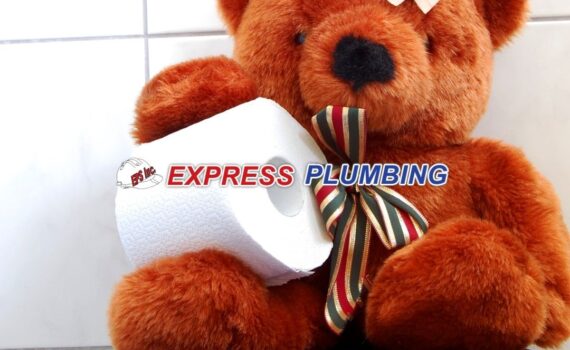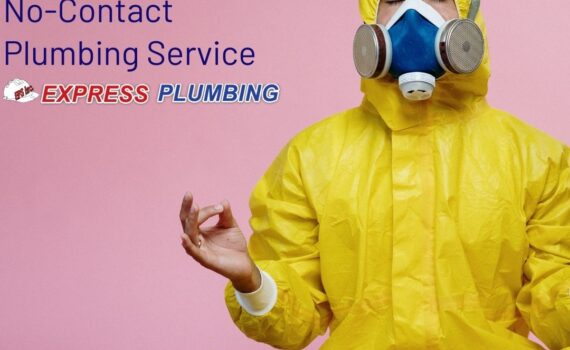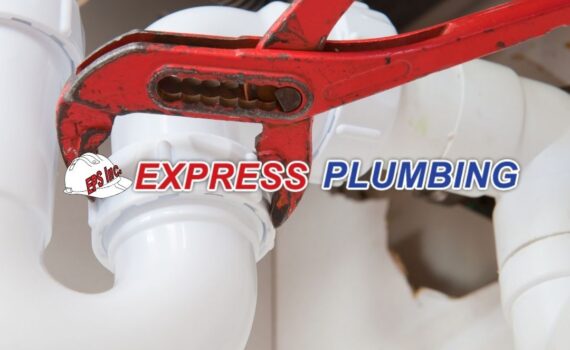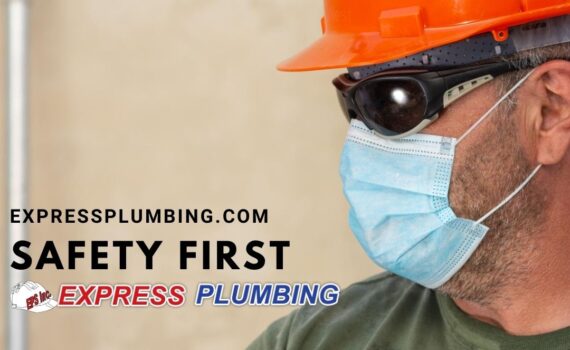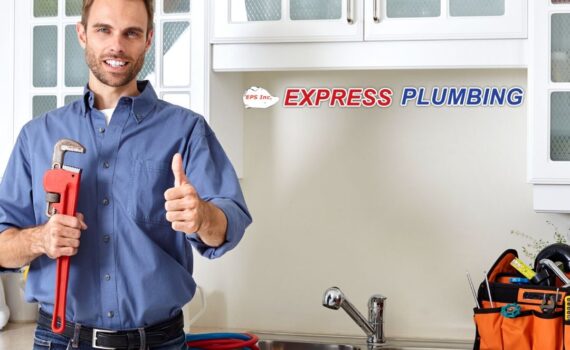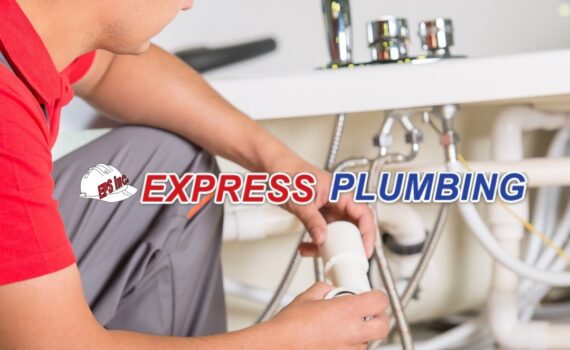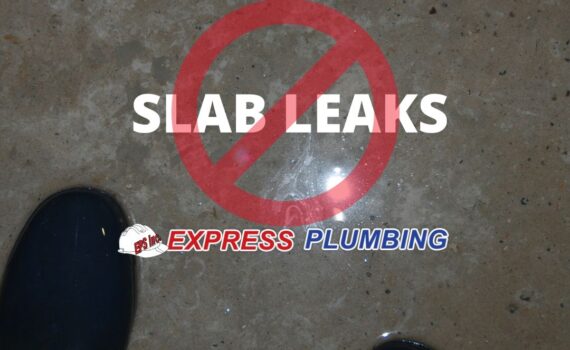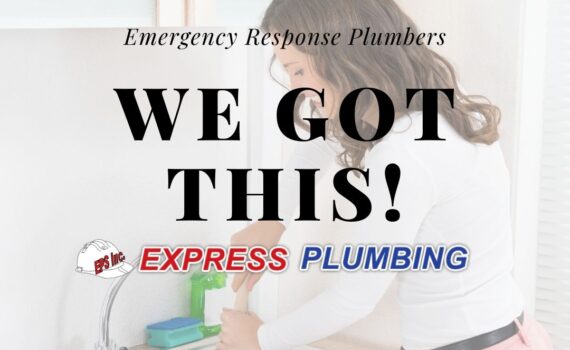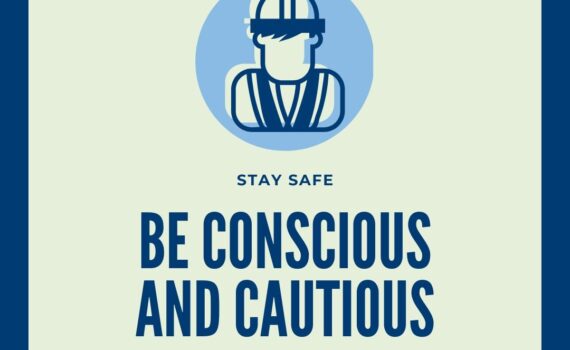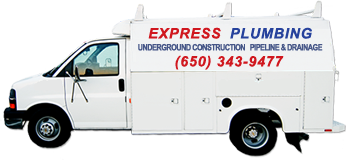
Your End of Year Plumbing Checklist Is Here
As the year comes to an end, you have plenty to worry about. Getting prepped for next year, hanging out with family, and finishing up year-end projects are all part of the plan. But one thing you shouldn’t neglect is your plumbing. With this end-of-year plumbing checklist, you can make sure all your fixtures and pipes are ready for winter and next spring.
Have Your Sewer Inspected
One of the most severe plumbing issues (and grossest, too) is when your sewer backs up. This is especially important with more use during the holidays or if you work from home due to COVID. That’s why you should have your sewer inspected by a professional. By taking a proactive approach, you can avoid any nasty situations, as well as determine any potential problems that need to be addressed in the near future.
Toilet Maintenance
According to some estimates, a running toilet can waste up to 26 gallons a day. In a year, that translates to around 10,000 gallons. Multiply that by the average U.S. price of water ($1.50 for 1,000 gallons), and you’re throwing away $15 a year for each toilet in your home.
While that doesn’t sound like much, analyze the alternative. Replacing the flapper or float on your toilet costs just a few bucks and makes your toilet run like new. If you’re already running down a plumbing checklist, this task is a no-brainer at minimal cost or effort.
Check for Leaks
Leaky pipes and fixtures aren’t just a money pit. They can also impact your house through water damage or mold, which can adversely affect your health. As a result, you should always check your home for leaks at the end of the year. Always check areas such as crawlspaces and the basement, as these are notorious places for leaks.
Leaking fixtures are easier to check. For sinks, just turn them on and look under the sink for moisture. In bathtubs and showers, turn them on and search for water coming out from anywhere other than the spout or showerhead. If they’re leaking, you might just need to tighten the bolts, replace the washers, or soak the showerhead in CLR or vinegar.
Inspect and Flush the Water Heater
During winter, your water heater is your best friend. You should treat it as such with a quick inspection and maybe even a flush. Make sure that the temperature gauge remains around 120 degrees, and that you don’t see any leaks, rust, or condensation on the tank. If you haven’t flushed your water heater, now’s the time. This will remove sediment that can reduce efficiency or substantially shorten the life of the water heater.
Although you can probably manage many of these tasks with minimal knowledge about plumbing, don’t let important or potentially serious issues fall by the wayside. For tasks you can’t complete on your own, make sure to call our experienced Bay Area plumbers at Express Plumbing. If you’re looking for a gift for the homeowner in you, check out an annual preventive maintenance plan. With one of these in place, you can minimize the chance for catastrophic damage and ensure your plumbing system keeps humming all year long.
From our entire team at Express Plumbing, we wish you a happy and healthy new year.

